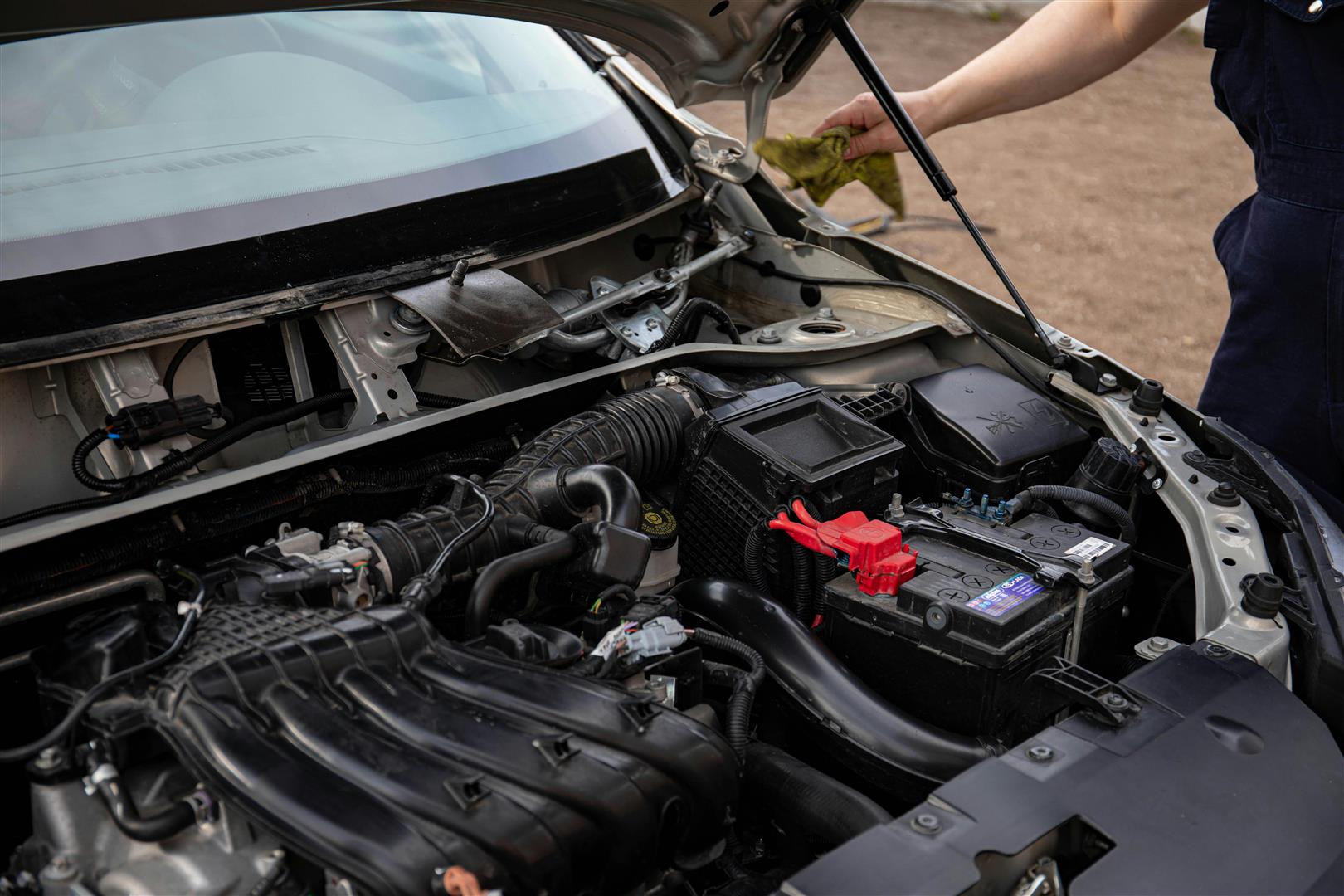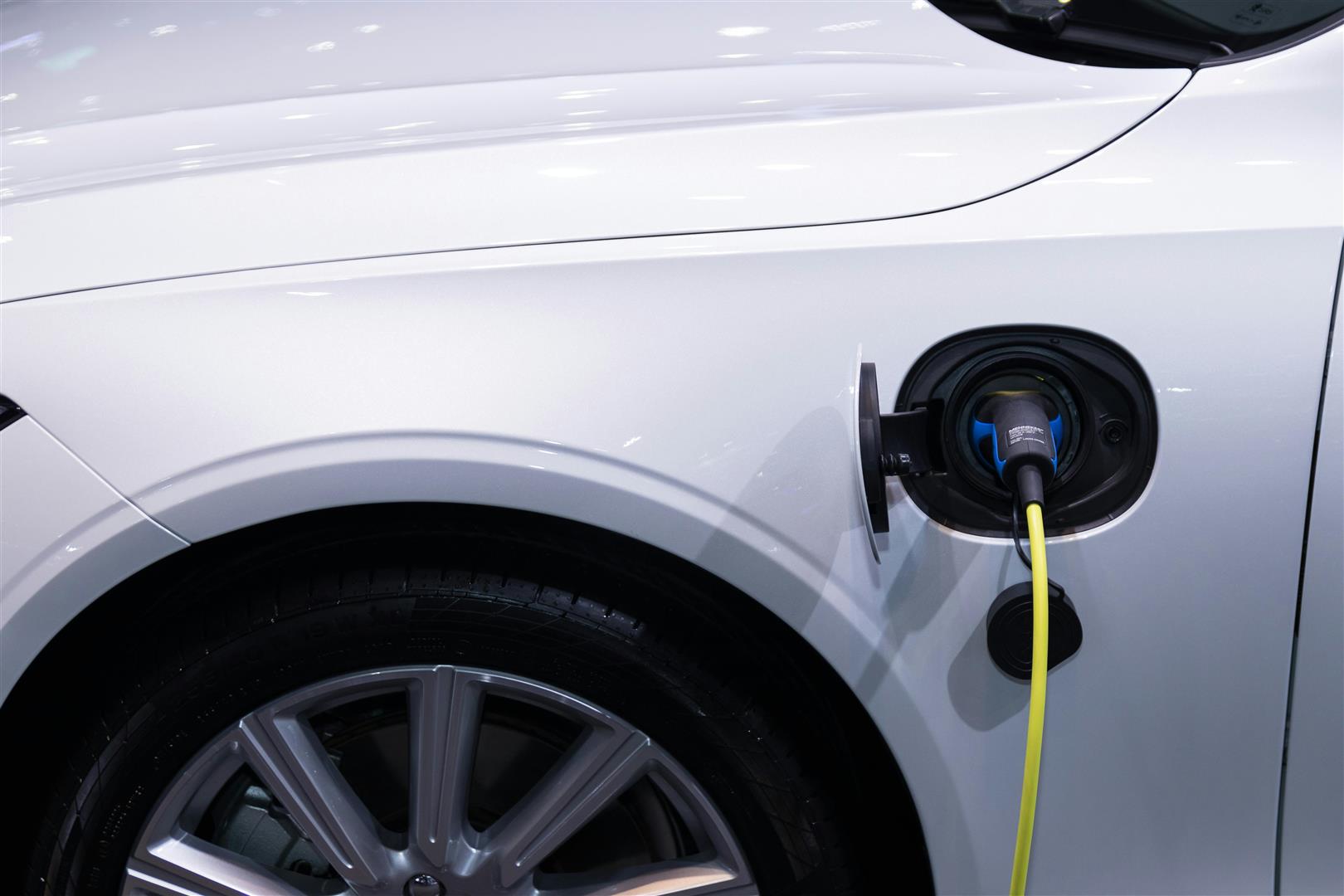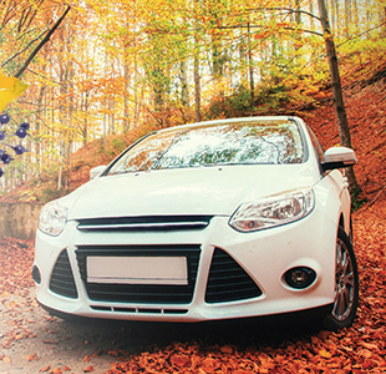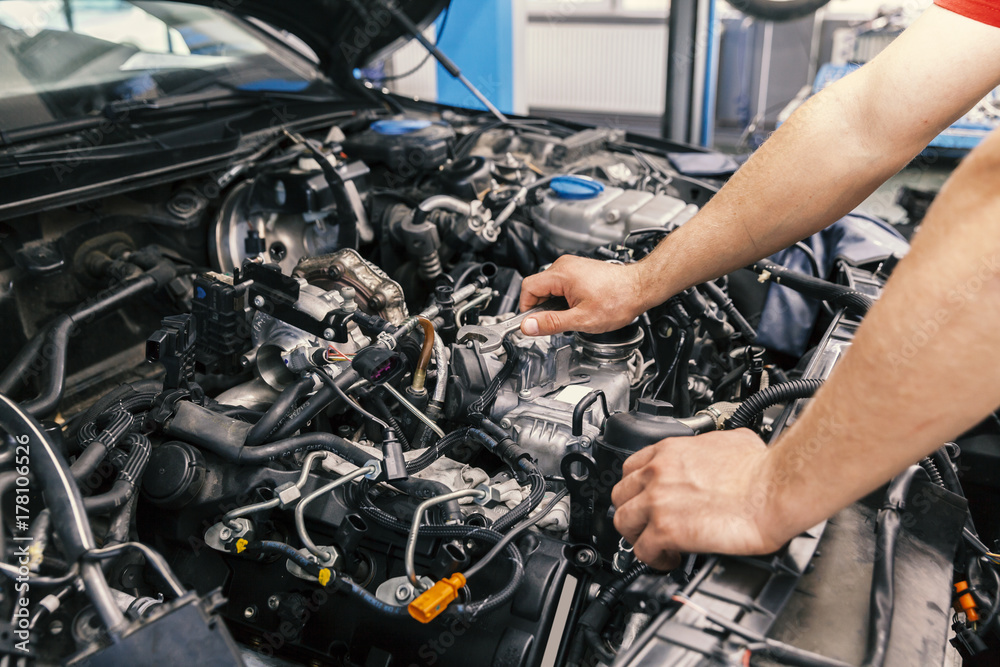Posted on 4/19/2024

In the ever-evolving landscape of automotive technology, batteries and charging systems play a pivotal role. As vehicles become more advanced and electrification gains momentum, understanding these components becomes increasingly important for both drivers and mechanics. Batteries: Automobile batteries serve as the heart of a vehicle's electrical system, providing the necessary power to start the engine and operate various electrical components. They store chemical energy and convert it into electrical energy when needed. The most common type of automotive battery is the lead-acid battery, which consists of lead plates immersed in a sulfuric acid solution. Other types of batteries include Lithium-Ion Batteries Lithium-ion batteries have gained prominence with EVs (Electric Vehicles) due to their high energy density and lighter weight. These batteries offer longer life cycles and faster charging times compared to lead-acid batteries.&n ... read more
Posted on 2/16/2024

Hybrid and electric vehicles (EVs) are the future of driving, offering a cleaner, more efficient way to get around. Our certified technicians at Mike and Sons Automotive in Sacramento, CA are here to make sure your eco-friendly ride stays in top shape with easy, professional care. Here’s what you need to know about keeping your vehicle running smoothly. Simple Tips for Hybrid and EV Care Make sure you stay on top of the health of your vehicle’s battery. Just like your smartphone needs a good charge, so does your car. We'll check your battery to keep it holding a charge and powering your rides efficiently. Make sure your vehicle’s cooling system is functioning correctly. Your car's battery and electric parts don't like getting too hot. We ensure the cooling system is working correctly, so everything stays at the right temperature. Make sure your vehicle’s brakes are checked regularly. Hy ... read more
Posted on 11/22/2023

Ensuring a clear view of the road is a must for safe driving. Let's go through some of the essential do's and don'ts for windshield washer fluid and wiper blade maintenance. Do: Choose the Correct Windshield Washer Fluid Select a fluid that is applicable to your climate—winter formulas for cold weather, and summer formulas for warmer regions. Don't: Use Plain Water Avoid using plain water, as it does NOT have the cleaning additives needed to remove debris. Water can also freeze in colder temperatures, hindering your washer fluid system from performing as designed. Do: Regularly Check and Refill Frequently check and top off your windshield washer fluid to avoid running out, especially when it is most needed. Keep an extra bottle in your trunk for emergencies. Don't: Ignore Warning Signs Address streaks, sm ... read more
Posted on 9/27/2023

What are the different types of Headlights? Seeing where you are going is important for your safety. When it is time to replace your headlights you want to make sure you get the right replacement headlights. If you are looking for brighter lights or trying to be more energy efficient, there are different choices to meet requirements. The three main types of headlights are: LED, HID or ‘xenon’, and halogen. Halogen headlights Halogen headlights have been the standard for many years and are still the most common headlight in use today. They are affordable, last a long time, and are easy to replace. However, they are not as energy efficient as LED and HID headlights and tend to generate excess heat. LED headlights Light emitting diode (LED) headlights are relatively new to the scene. Unlike Halogen and HID lights, LED lights generate almost no heat and their low energy requirements help preserve your ... read more
Posted on 7/26/2023

Engine cooling and engine air conditioning are two different systems that play crucial roles in maintaining the performance and longevity of vehicles. Engine cooling is primarily responsible for regulating the temperature of the engine, while air conditioning focuses on cooling the interior of the vehicle for passenger comfort. Engine cooling is essential to prevent overheating, which can lead to severe damage to the engine. It typically involves a radiator, coolant, water pump, and thermostat. The radiator helps dissipate heat from the engine coolant, which absorbs excess heat from the engine. The water pump circulates the coolant, ensuring that it flows through the engine and radiator, while the thermostat regulates the coolant flow based on the engine's temperature. This cooling system prevents the engine from reaching excessively high temperatures, optimizing its performance and preventing potential breakdowns. On the other hand, air conditioning is responsible for cooli ... read more